Well, you’ve done it! You have the dream job with possibly no timesheets, clear reporting lines and evenbetter working hours. But wait! This utopia (even if it exists) comes with some potential golden rules about making this transition work for you. The fact is, of course, that you are an adviser, but you are in a support role too. Now a cynic may say that you (and any in-house team) have become the very support services expense that as a fee earner you probably always had on your radar, and if you were a Senior Associate or Special Counsel, felt the perpetual gaze of the Partners to being seen to continuously ‘add value’.
1. What exactly is your role?
What is legal and what is not has to be clearly defined as a driver of decision making. As soon as you can after appointment, set out your stall and, if necessary, maybe consider using whatever internal resources you can muster to create clear decision trees and process maps, which ensure that legal decision protocols are clear and well communicated.
2. You may think you have one client but think again
3. You are not a trusted adviser by saying so
Clear and concise communication, collaboratively delivered by you (and any team) is paramount, as is defining the boundaries and purpose of advice. But on the route to being a trusted adviser, you first must establish rapport with all your stakeholders creating boundaries and ‘rules of engagement’. Let your advice and actions do the talking. This varies by culture and user, but like in all services offered between people, it is results that count when building a reputation.
4. Beware a lack of strategy
What exactly is the legal strategy of your organisation? Is there one? How is the business plan translated through a set of strategic and operating legal objectives? What is the risk appetite of the business? Is there a position, for example, on how hard you will litigate? Ask serious questions of the board, directors and managers and get answers. If necessary, create the strategy yourself and have it agreed. The legal strategy must be part of the overall risk framework but in most cases, it is only the lawyers who can determine and understand the legal risk mapping process.
5. It’s nice to be consulted, but only for the right reasons
You cannot be giving legal advice because people in the organisation are not doing their jobs properly or using your services as a reach out for something they should already know, (or can get access to), in a mouse click. Part of the management of legal risk is knowing the capabilities required in those who use your services.
6. Use technology wisely
Be bold and look at what’s out there, especially in the management of your external lawyers. Ensure that you consider legal technology in relation to the organisation’s IT / Technology roadmap. Is legal technology the forgotten priority?
7. Have a settled approach to managing external providers
If you are managing a panel or even just one firm, immediately get to understand how you engage, manage, measure and pay external lawyers. Be open to creating an internal ‘cross-functional supplier team’ that manages external law firm relationships. Measure all aspects of the relationship, not just the value for money piece. Internally, be clear about who owns the relationship? Who is responsible for the success of a legal outcome managed by external lawyers? Consider a clear panel management strategy, a balanced scorecard, post-matter reviews and regular, transparent standardised reporting.
8. Measure your effectiveness
So, the question invariably arises regularly; how much value does the in-house legal function add? Agree on a means of measurement internally and although internal lawyers did not go in-house to replicate the timesheet tyranny of practice, there are numerous ways to measure and communicate effectiveness.
9. Do the Knowledge Management thing properly
Part of the measurement of effectiveness above is a slick use of precedents and know-how, lowering transaction costs and speeding up the delivery of legal services. Be willing to invest here and if necessary use the expertise available from ex-private practice managers / GMs working alongside your IT/ Technology teams to assess how to cost-effectively manage this critical, but often neglected, part of in-house legal operations.
10. Get media trained ASAP
Given the reputational risk associated with legal outcomes, it can be too late facing the press or being interviewed without being properly trained in mainstream and social media management. It’s a worthwhile investment and can be a massive boost to self-confidence.
In summary, I have literally scratched the surface on this fascinating and complex subject, but in simple terms a new In-House Counsel is in a supporting role and must quickly engage with key stakeholders as buyers of the service, whilst setting clear legal risk management strategies and boundaries for the giving of advice and the service offering provided, whilst always ensuring there is a real effort made in the measurement of the value that the in-house legal function provides.
About our guest blogger - Paul Khan is an adviser to legal practice and in-house counsel and available to support new (and less new) in-house counsel and legal teams.
Related Articles












